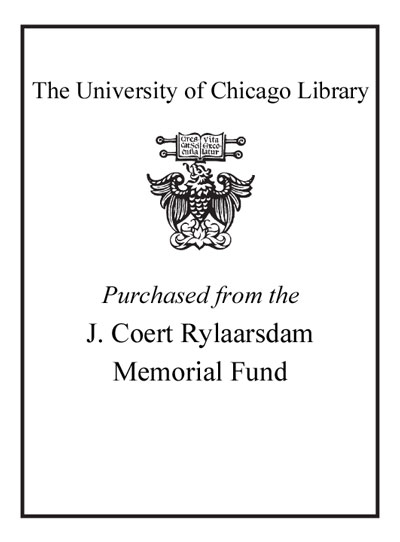Cognitive science and ancient Israelite religion : new perspectives on texts, artefacts, and culture /
Saved in:
| Author / Creator: | Maiden, Brett E., 1984- author. |
|---|---|
| Imprint: | Cambridge, United Kingdom ; New York, NY : Cambridge University Press, 2020. ©2020 |
| Description: | xi, 298 pages : illustrations ; 23 cm. |
| Language: | English |
| Series: | Society for Old Testament study monograph series Monograph series (Society for Old Testament Study) |
| Subject: | |
| Format: | Print Book |
| URL for this record: | http://pi.lib.uchicago.edu/1001/cat/bib/12615378 |
Table of Contents:
- Intuitive and reflective cognition, optimal and costly religion
- Rethinking the popular - official religion dichotomy
- Deuteronomic theology as cognitvely costly religion
- Counterintuitive Mischwesen: hybrid creatures in Syro-Palestinian iconography and cognition
- On artifacts and agency: the Mesopotamian Mīs Pî Ritual, biblical idol polemics, and belief in cult statues
- Ritual and cognition in Leviticus 16 and the Day of Atonement ritual.

